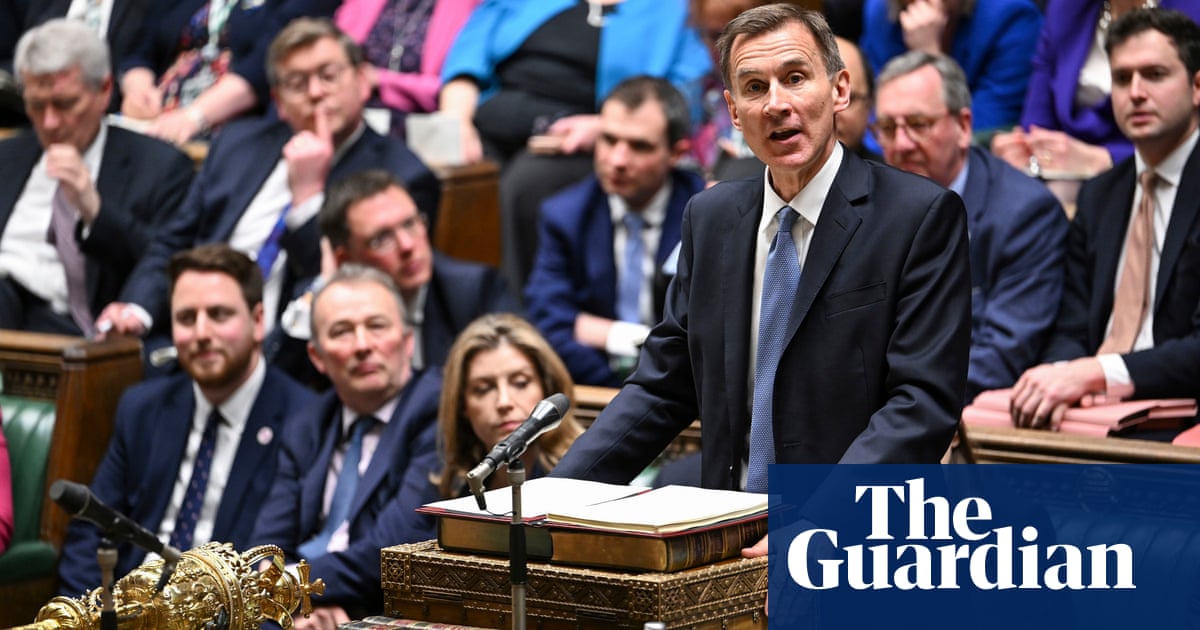
Business leaders, free-market economists and rightwing MPs have reacted with dismay to Boris Johnson’s national insurance hike, warning the prime minister that he risks losing the Conservatives’ mantle as the “party of business”.
The British Chambers of Commerce said the 1.25 percentage point increase in employer national insurance contributions will drag down business investment this year and risks prolonging the economic damage from Covid-19.
It forecast overall investment by businesses in the UK economy would drop 2.5% in 2021, as the risks to growth mount after a rapid economic recovery from lockdown this summer.
Maintaining pressure on the government after its announcement over the funding settlement for health and social care, the BCC warned: “The damage done to firms’ finances by the pandemic, a more onerous tax regime and concerns over the potential for future Covid restrictions are expected to weigh heavily on investment intentions, despite the introduction of the super-deduction incentive.”
Jon Moulton, the founder of the private equity firm Better Capital and a former Conservative donor, said the government was taking a “nanny state approach”.
“[Tony] Blair would have backed off from doing this. [Margaret] Thatcher would have thrown out anybody who was daft enough to bring the proposal,” he said.
“It [the government] is very much behaving like ‘We’re not worried about the cost, we just spend it and if it’s a moderately attractive socialist agenda it will get funded in full’. Most Tories think people should be encouraged to be self-reliant. This is quite the other way around.
“The UK can’t actually take a great deal more tax without starting to become internationally competitive. Increased direct taxation has a small but definite effect on economic growth. This will have a negative effect on economic growth.”
He added it was likely to spark a backlash from Conservative donors: “It will certainly result in a noticeable reduction in funding for the Conservative party.”
Gerard Lyons, a former economic adviser to Boris Johnson as mayor of London and leading exponent of the economic advantages of Brexit, questioned the wisdom of the move. “Action needs to be taken but this is just one of a number of options they could take and I wouldn’t say it was the best possible one,” he said.
“We are still in an environment where interest rates are very low and it’s very cheap for the government to borrow. They could have waited to see how the fiscal numbers played out. I can understand what they’ve tried to do but there’s another path.”
One leading manufacturing executive said: “Many business people are really questioning who the party for business is now.”
They said Johnson would need the help of companies to deliver the government’s levelling-up agenda, which could be put at risk by soaking firms with tax rises at a time when the economy is under pressure from the pandemic and Brexit.
“Much of this has to come through business creating the prosperity and jobs.”
Economists warned raising employer national insurance contributions would add to companies’ costs, potentially making it harder for them to invest in technology, new projects, job creation, or paying higher wages.
Government documents published on Tuesday alongside the national insurance announcement suggest No 11 is alive to the concern, although it did not issue any forecast for the potential impact. “Whether, how, and when employers will pass on the impact of this is unclear, particularly in the short run; [but] businesses may choose to adjust wages, prices, or profits,” it said.
Rishi Sunak, the chancellor, has said the tax rise is a fair way to pay for health and social care.
In an indication of the potential hit for employers, the Smethwick-based Professional Polishing, which provides polished metals to customers including pharmaceutical firms making Covid-19 vaccines, said it would pay the extra tax bill for staff out of company resources.
“For someone on £25,000 a year, it’s a lot of money,” said the managing director, Kirsty Davies-Chinnock. “We do understand that there need to be tax increases but I don’t think it’s fair to target the lower earners. We want to make sure none of our team are out of pocket after the increase and we’ll make sure they’ve had salary increases to cover it.”
According to analysis by the BCC, Britain’s economy remained on course for a historic revival this year, fuelled by pent-up consumer demand after the easing of lockdown and higher levels of government spending. However, it also warned momentum would be lost in the coming months as firms faced growing supply-chain disruption and rising cost pressures that would limit economic growth.
Hannah Essex, the co-executive director of the BCC, said a comprehensive government strategy was required to safeguard the economic fightback from the pandemic, while warning that low levels of business investment would leave the recovery on shaky ground.
“There is a real danger the national insurance increase announced this week could stifle the recovery. Any further tax changes could very well prolong the economic damage from Covid,” she said.












